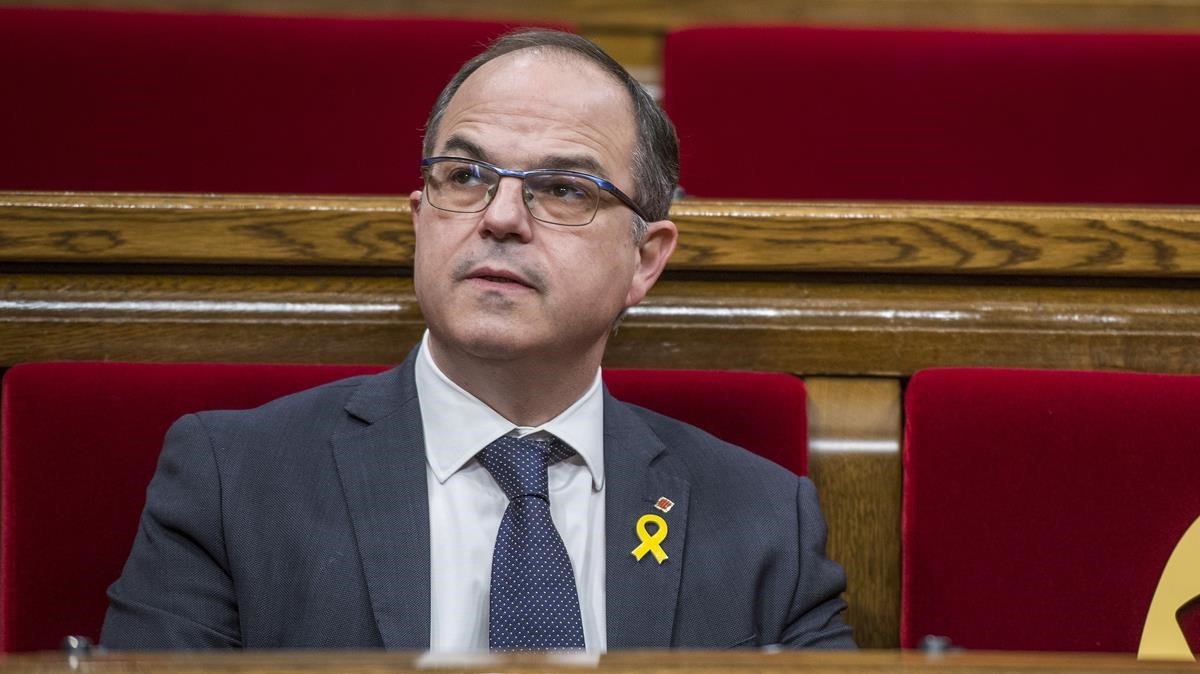The Presidency in Catalonia
Chapter 12 talks about the presidency, their roles and their responsibilities. Being the president of a country means being in charge of one of the three powers that exist in a democracy. That is, being in charge of the executive power who is the one responsible for the implementation of the major policies passed on the Congress.
The presidency of a country has a great influence on its citizens. The president must be someone that has the majority to hold that position. Even when there is a close gap among the two major parties, the president must try to govern balancing the balance towards the centre in an effort to satisfy both parts because when you are the president you must work for every single citizen of the country and not just for those that have voted for you.
Back in Catalonia, after the December 2017 elections, the region still has no president. The reason for which no president has been appointed yet is the fact that the candidate that has the majority to be elected, who happens to be Carles Puigdemont, is in Berlin without being able to leave the country as a result of the arrest warrant issued by the Spanish judiciary. The Spanish judiciary wanted Germany to extradite him for rebellion and misappropriation of public money, but the German court dictated that they would only be studying whether they were to extradite him based on the second charge thus excluding rebellion. This means a great disappointment both for the Spanish government and its judiciary and many of them have started being sceptical about the European Union.
Puigdemont’s political party, called “Junts Per Catalunya” proposed a second candidate, Jordi Sanchez, who happens to be in prison since last October as a result of being accused of rebellion and sedition. The president of the Catalan parliament asked for permission to the judge in order to be effectively named as president but the judge refused to grant the permission and thus he could not go to the inauguration ceremony.

A third candidate was appointed, Jordi Turull, who was a member of the former government. There was an inauguration ceremony held in which he didn’t have the absolute majority. When that happens, another inauguration ceremony needs to be celebrated two days after the first one in which simple majority is enough to be named the president of Catalonia. Nevertheless, the judge sent him to prison the day after the first inauguration and thus the second one could not be held.

The United Nations dictated a resolution in which they encouraged Spain to take all the necessary actions to guarantee that Jordi Sanchez was elected as president as he had full rights as a congressman to do so. Therefore, the resolution exposed a number of violation of human rights which could potentially cause an overall decrease in the democracy level of Spain.
From “Junts Per Catalunya”, the political party of Carles Puigdemont, they insist that any candidate other than Puigdemont will be temporary up until he is able to be elected as president.
This raises a question: who is the one electing the president? Theoretically, it should be the people that vote for the members of the parliament who in turn vote for the candidate that has the majority. But when the judiciary intervenes, does it mean that the one electing the president is the judge? Or is it the Spanish government? Because as far as we have seen, the Spanish judiciary seems completely in line with what the Spanish government is thinking. Posing a doubt on whether there is a true separation of powers.
An inauguration ceremony is scheduled for next Friday. The judge hasn’t still decided whether he would allow Mr Sanchez to go to the parliament to attend the inauguration.
Time will tell whether democracy is still respected in Catalonia. Today still a region of Spain, but with the tremendous violations of human rights and a constant reluctance to accept what the people voted in the last elections, it looks more like a dictatorship than a real democracy. Time will tell whether the European Union is efficient in dealing with this kind of issues. The first resolution dictated by a German court is a huge step forward into recognizing that the Spanish judiciary is not right and that a political conflict of that magnitude has to be solved politically and not using the judiciary. What is evident is that mirrors are broken and thus an international mediation may be more needed than ever before.